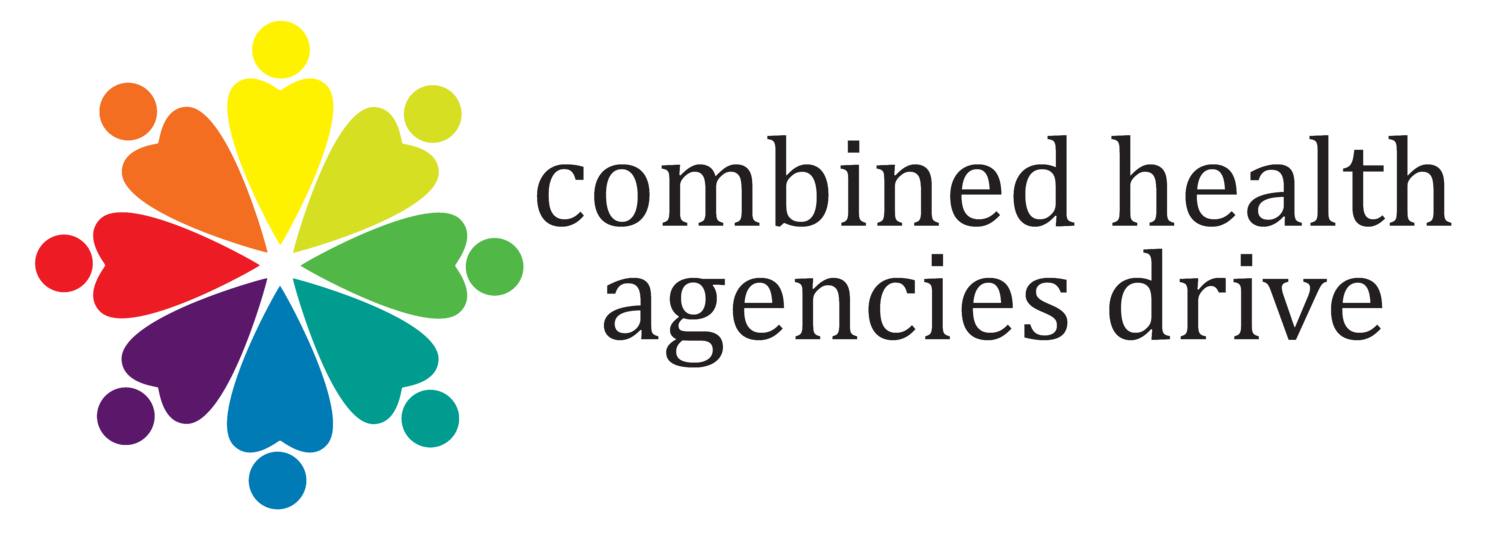Vertin Family's Story
Statistics tell us that one in every 3,500 boys suffers from Duchenne Muscular Dystrophy or DMD – a deadly and devastating disease that claims the lives of its victims around 20 years of age. The odds seem to have played a cruel joke on the Vertin family in Hastings, Neb. Within the span of one year – between July 2010 and August 2011 – three of Betty and Jason Vertin’s five children had been diagnosed with DMD.
The Vertin’s oldest son Max (8) was diagnosed at the age of 4. Rowen (5), who was 2-years-old at the time, reminded Betty of Max in so many ways. Her fears were confirmed when he was also diagnosed. Even worse, Betty was six months pregnant at the time with another boy (Charlie). The news that he too had the disease was almost too much to bear.
Initially, Betty and Jason went through an intense period of grieving, but they knew the only way to get through it was to pick themselves up from their sorrow and find the joy in each day. So, guided by their faith and the support of so many loved ones, they regained their strength and made a choice to focus on the positive and do whatever they could to fight for a cure for their three boys.
Indeed the realities of the disease are harsh. As a boy with DMD grows, it is likely that he will lose his ability to walk between 10 and 14 years of age. In his late teens, he will lose strength in his upper body and may need help breathing at night. Eventually, breathing will require constant support. Then, the heart will stop working because of increased scar tissue and weakened muscles. Young men with DMD often die in their late teens or early 20’s. The rate of progression and severity are different for every boy, including brothers.
Betty can already see the differences in her three boys. Charlie and Max both have problems with stiff muscles and require more stretching exercises. However, they show more strength than Rowen, whose muscles seem much more relaxed. In fact, Rowen is already having more trouble gripping things with his hands than the other two boys. The treatments, therapies and medicine that the Vertin’s currently use for the boys are exhaustive and include: physical therapy and home stretching, occupational therapy, speech therapy, use of ankle and foot orthotics, medical strollers for walking long distances, chairs that provide back and foot support, diet recommendations, weekly water therapy, supplements for heart and bone health, steroid therapy and clinical trials.
To ensure the best medical care and advice possible, they take the boys to the Cincinnati Children’s Hospital’s Neuromuscular Center two times a year. That center is their medical home for DMD. They also take the boys to the MDA clinic at the University of Nebraska Medical Center two times per year to supplement their care.
While caring and advocating for three boys with Duchenne’s requires nearly constant attention, Betty and Jason are both sensitive to providing as normal a life as they can for their other two children – 12-year-old daughter, Lexi, and 6-year-old son, Chance. Lexi shows maturity beyond her years and has announced that she’d like to become a physical therapist so that she can help others with DMD like her brothers. Chance is an active, energetic boy and tries to be understanding of the limitations his brothers, who are close in age to him, face on a daily basis. Betty says they knew right away that he didn’t have DMD, because his development was completely different than the other boys. He reached almost every milestone early, including walking by the time he was 10 months. The other three boys didn’t walk until they were around 17 to 18 months. Even his tall, thin body build is different than his brothers, who share a similar, stocky build.
There is currently no cure for DMD, but promising treatments are currently in trial and being monitored by the FDA, research companies, pharmaceutical companies and advocacy groups. The Vertins do have hope for a cure in the lifetime of their boys, but time is of the essence.
While Parent Project Muscular Dystrophy and Cure Duchenne have been the main charities that the Vertin’s work with, because of their singular focus of curing DMD, the Vertin’s have recently started to build a greater relationship with the Muscular Dystrophy Association (MDA), as well. MDA – a Community Health Charities of Nebraska member charity – is the world’s leading nonprofit health agency dedicated to finding treatments and cures for all forms of muscular dystrophy, as well as amyotrophic lateral sclerosis (ALS) and other neuromuscular diseases.
Betty said, “If there is one point that I want to get across when speaking about DMD, it is how devastating the disease is. Right now there is no way to stop the progression and we are faced daily with the certain deterioration of our boys’ health in the next few years.”
However, Betty also said that they can’t dwell for long on what the future holds. Rather, they choose to live life to its fullest right now. Besides spending their energy on caring for their family, they also spend it on educating people about DMD and portraying the urgency of raising money for more research to find a cure sooner rather than later. As you’ll see on their Facebook page (facebook.com/MaxRowenCharlie), their family is “Going the distance to end Duchenne to save Max, Rowen and Charlie.”

